- Overview
- Types
- Symptoms
- Causes & Risks
- Tests & Diagnosis
- Treatment
- Parenting
- School
- Living With
- Complications
- View Full Guide
Better Study Habits for ADHD Kids


Always Losing Homework?
ADHD causes problems with the ability to keep track of time and stay organized. If your child has ADHD, it may not be their fault that they spend hours on their homework and then lose it. As a parent, you can help them overcome that. By helping your kid stay organized, you're teaching skills to last a lifetime.
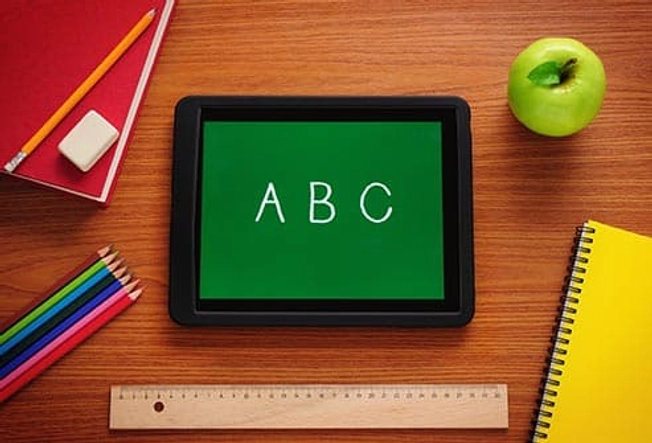
Set up a Homework Station
Kids with ADHD need a predictable routine for homework. Set up a special spot where your child does homework every day. Make sure it's away from pets, siblings, and noisy distractions, like the TV or the front door. Keep it stocked with pencils, paper, and any other supplies your child might need. But be careful not to overstock. Extra pencils and pens can become distractions.

Keep a Calendar
Big, hard-to-miss reminders will help keep kids with ADHD on track. Get a giant wall calendar and put it somewhere your child will see it many times a day. Put it on the kitchen wall or near their desk. Use color-coded markers or notes to show upcoming assignments and school vacations.

Work with Teachers
Meet with your child's teacher and principal to make a plan for your child. It's ideal to do this before the school year starts, but you can do it at any time. Ask for a schedule of upcoming assignments, either on paper or online, and for your child to use free periods for homework. Stay in touch by email. Knowing that you have the teacher's support will help a lot.

Stay on Schedule
Having a daily schedule is key for kids with ADHD. They need set times for doing homework, eating dinner, and going to bed. If you get off schedule, start again tomorrow. Sticking to a schedule will help your child -- and reduce the pleading, nagging, and conflict.

Use Rewards
If homework is a struggle, offer rewards for finishing it. They shouldn't be big, but they need to be immediate. As soon as your child tucks their homework in their bag, offer to read a story. Give them a sticker. Allow TV or computer time. Build the rewards into your after-school schedule and keep it consistent.
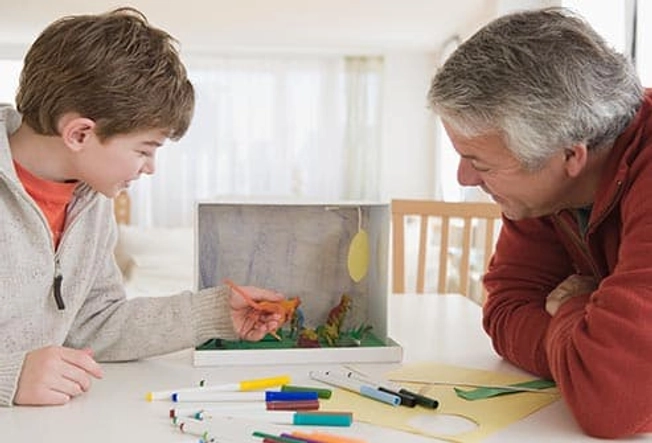
Break up Big Tasks
When your child starts getting bigger assignments -- dioramas, book reports, or term papers -- that can be a big adjustment. Break it up into a series of smaller tasks, each one with a due date. Even teens with ADHD may need some help with scheduling big assignments and projects.
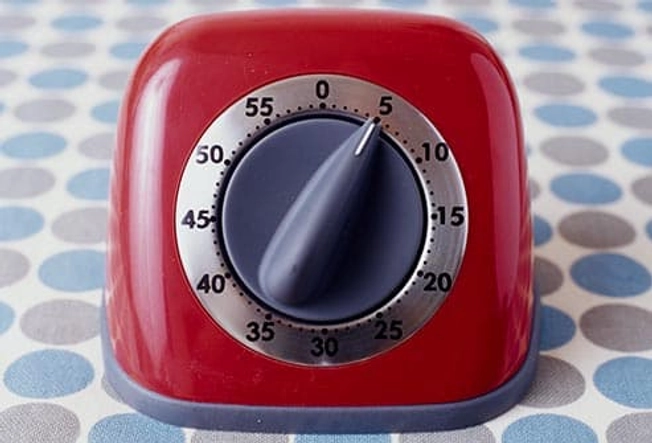
Use Timers
Kids with ADHD often lose track of time. Use kitchen timers or alarms on watches or phones to mark time. Have your child set a specific amount of time for a piece of homework. The alarm will also help get them back on track if they get distracted.
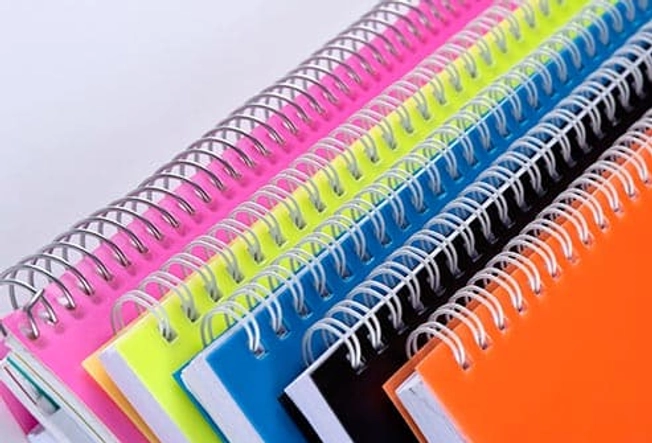
Get Organized
If your child forgets assignments at school or has a backpack overflowing with crumpled papers, help them get organized. Make it visual. For example, get brightly colored folders for each subject. Have a backup plan for when assignments don't make it home. Keep a list of other kids in the class to call. Or know how to contact the teacher directly.

Praise Effort
ADHD or not, children thrive on praise. It encourages and motivates them. So notice their successes, even the little ones. Praise your kid for effort and improvement. It feels good to you both. Small wins may lead to bigger ones.

Strategies for Hard Assignments
Does your child breeze through homework in some subjects but get bogged down in others? Have them switch between them. Start with the easy assignment. Shift over to the harder assignment for a few minutes, then shift back. Alternating may help your child feel less overwhelmed.
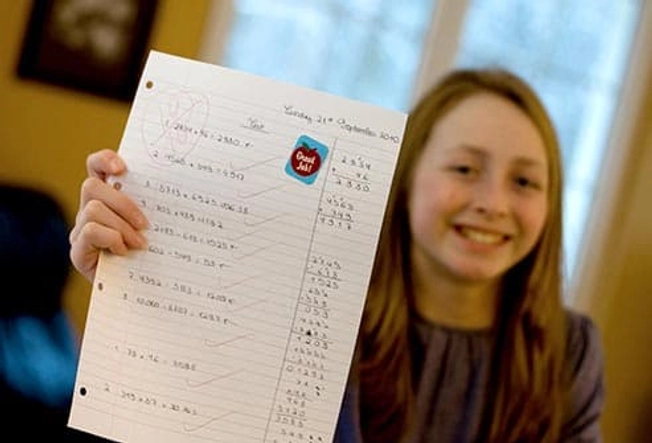
Set Goals
Rewards are great, but if they're too big, like offering a new car to your teen if they get straight. As, it can backfire. Long-term goals can be tricky for kids with ADHD to meet. A better plan is to set lots of little goals to meet within a day or a week for smaller, immediate rewards.

Write Out Directions
Does your child need help understanding how to do their homework? First, explain the instructions. Have your child explain them back to you. Then, write out the step-by-step instructions and post them on the wall. For many kids, it helps to have a visual reminder.
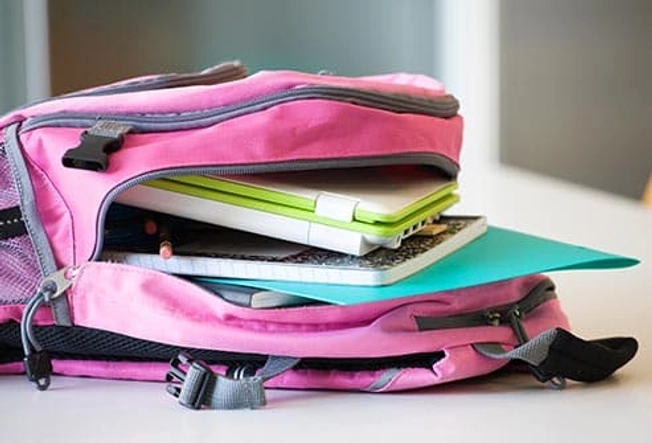
Mention the Obvious
When helping your child do their homework, include steps that might seem obvious to you. For instance, the last two steps should always be "put your homework in your folder" and "put your folder in your backpack." The more specific you are when giving instructions, the better.

Help During Transitions
During times of change or transition -- starting a new grade, moving to a new school -- your child may have more trouble with schoolwork. Plan to offer extra help during this time. Check in more often. Go over assignments together.